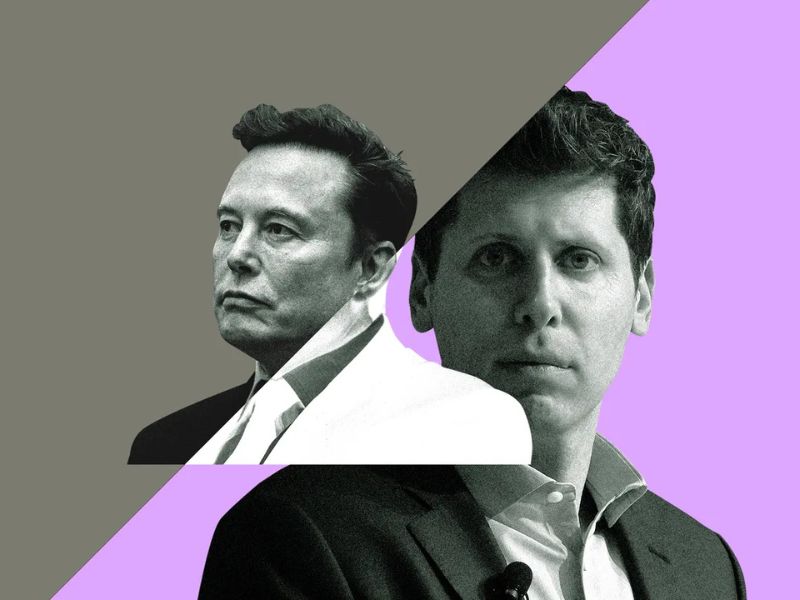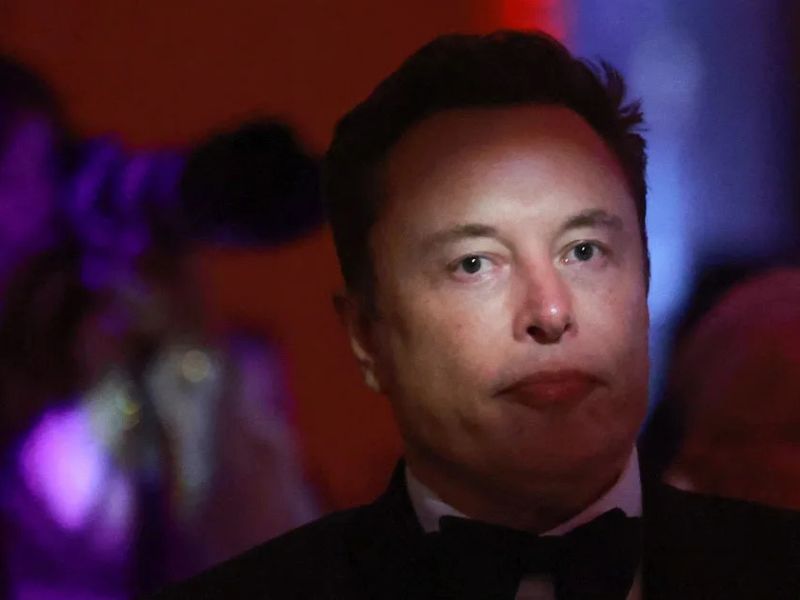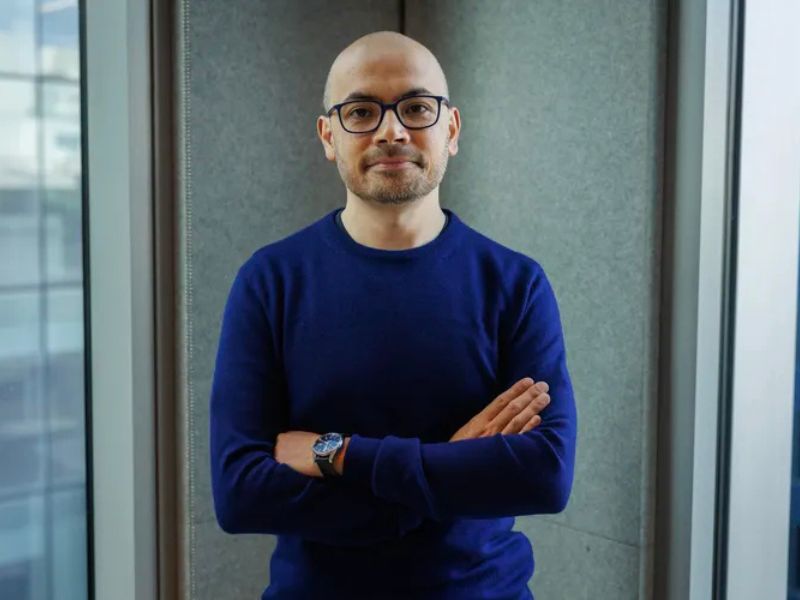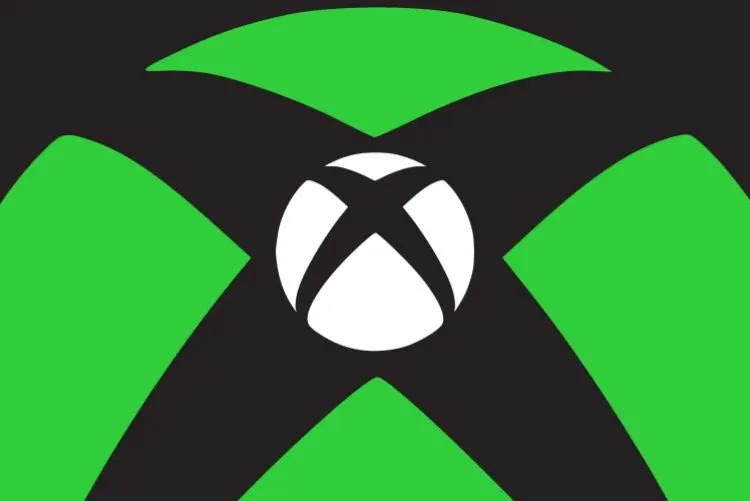Elon Musk Sues OpenAI: Allegations of AGI Monopoly and Microsoft’s Role

The emails and inside clashes uncovered amid Elon Musk’s claim against OpenAI and Microsoft give an uncommon see into the violent roots and advancement of OpenAI. They uncover the complex elements between cofounders Elon Musk and Sam Altman, as well as their shared but competing dreams for AI advancement.
Elon Musk’s lawsuit against OpenAI sheds light on a growing concern in the AI industry—the risk of monopolistic practices in the pursuit of Artificial General Intelligence (AGI). Musk argues that OpenAI, which he initially co-founded as a nonprofit, has deviated from its original mission by prioritizing profit under Microsoft’s significant influence. This legal battle not only questions the integrity of OpenAI’s operations but also raises broader implications for transparency, ethical AI development, and corporate dominance in shaping the future of AI technologies.
The Origins of Conflict
Initially, Musk and Altman were united by a common mission: anticipating progressed fake insights (AI) from falling into the hands of monopolistic tech monsters like Google. Altman’s vision of a nonprofit substance prioritizing humanity’s welfare adjusted with Musk’s fears of AI abuse. However, as OpenAI scaled, their association unraveled beneath the weight of competing priorities—balancing charitable objectives with the money-related and vital requests of remaining ahead in an exceedingly competitive field.
Key Moments of Tension

- Microsoft Deal
In 2016, Altman brokered a basic $50 million bargain with Microsoft to secure computing assets for OpenAI. Musk reluctantly endorsed the assent, attentive to OpenAI showing up as a promotional expansion for Microsoft. This occurrence highlighted early contradictions in associations and independence. - The Talent War
OpenAI’s forceful offer to pull in beat AI analysts made another flashpoint. Altman and Musk concurred to competitive emolument bundles; however, Musk’s uneasiness over DeepMind’s advance opened up pressures. Musk’s emails uncovered his conviction that OpenAI would be unimportant without the finest ability, encouraging the group to outspend rivals like Google. - The 2017 Leadership Struggle
By 2017, fears arose that Musk might look for one-sided control of OpenAI’s ventures. Authors Greg Brockman and Ilya Sutskever raised concerns about Musk’s potential to end up an AI “despot,” reverberating the existential perils of centralized AGI (counterfeit common insights). Musk’s recommendation to require OpenAI cemented a fracture, driving to his flight from the board in 2018. - For-Profit Transition
The choice to transform OpenAI into a “capped-profit” entity to attract outside financing caused advance division. Musk criticized the move as disloyalty to OpenAI’s establishing standards, fueling allegations that the company prioritized benefits over its mission to benefit humankind.
Implications of the Lawsuit
Musk’s claim against OpenAI and Microsoft outlines their relationship as anti-competitive and affirms OpenAI’s float from its nonprofit roots. In any case, the disclosures from the case moreover uncover Musk’s disappointment with losing impact over the company’s heading and his broader concerns around the AGI administration.
Also Read:
- Apple AI Notification Summaries: Helpful or Hilariously Off-Target?
- NYT Tech Workers Strike: Play Guild Builds Games as Puzzle Alternatives
Conclusion

The early clashes between Musk and Altman emphasize the gigantic challenges in adjusting vision with practicality within the race to create AI. OpenAI’s change into a key player within the tech industry—backed by Microsoft—reflects compromises that numerous companies were vital for survival. However, the questions raised regarding straightforwardness, morals, and control in AGI improvement stay as critical as ever.






